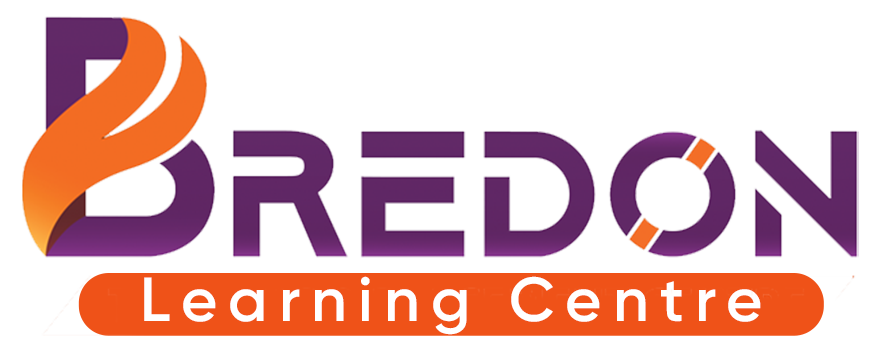

For more information. Please Fill this form.






AWS (Amazon Web Services) and Azure (Microsoft Azure), as leading cloud providers, offer an extensive suite of services and a global infrastructure, empowering organizations to tailor flexible, scalable, and globally accessible cloud solutions for myriad applications. These platforms provide on-demand access to computing resources, storage, databases, machine learning, and more, allowing businesses to efficiently manage and scale their operations.
AWS, with its vast array of services, holds a strong market position, serving a diverse range of industries. Azure, integrated seamlessly with Microsoft's ecosystem, appeals to businesses seeking interoperability with Windows-based systems.
Both AWS and Azure prioritize security, compliance, and data privacy, ensuring that organizations can confidently migrate sensitive workloads to the cloud. Additionally, they offer robust management tools, allowing businesses to optimize costs, monitor performance, and ensure the reliability of their cloud infrastructure.
The global reach of AWS and Azure, with data centers strategically located around the world, enables low-latency access and compliance with regional data regulations. This is particularly crucial for businesses with a global footprint, ensuring they can deliver optimal user experiences and adhere to data sovereignty requirements.

Amazon Web Services (AWS) is a comprehensive cloud computing platform provided by Amazon. Launched in 2006, AWS offers a wide range of services, including computing power, storage options, networking, databases, machine learning, analytics, security, and more. It is one of the most widely used and established cloud platforms globally.
Microsoft Azure is a cloud computing platform provided by Microsoft. Launched in 2010, Azure offers a comprehensive set of services similar to AWS, spanning infrastructure, applications, and data services. Azure is known for its integration with Microsoft's enterprise products, making it a popular choice for organizations using Microsoft technologies.
